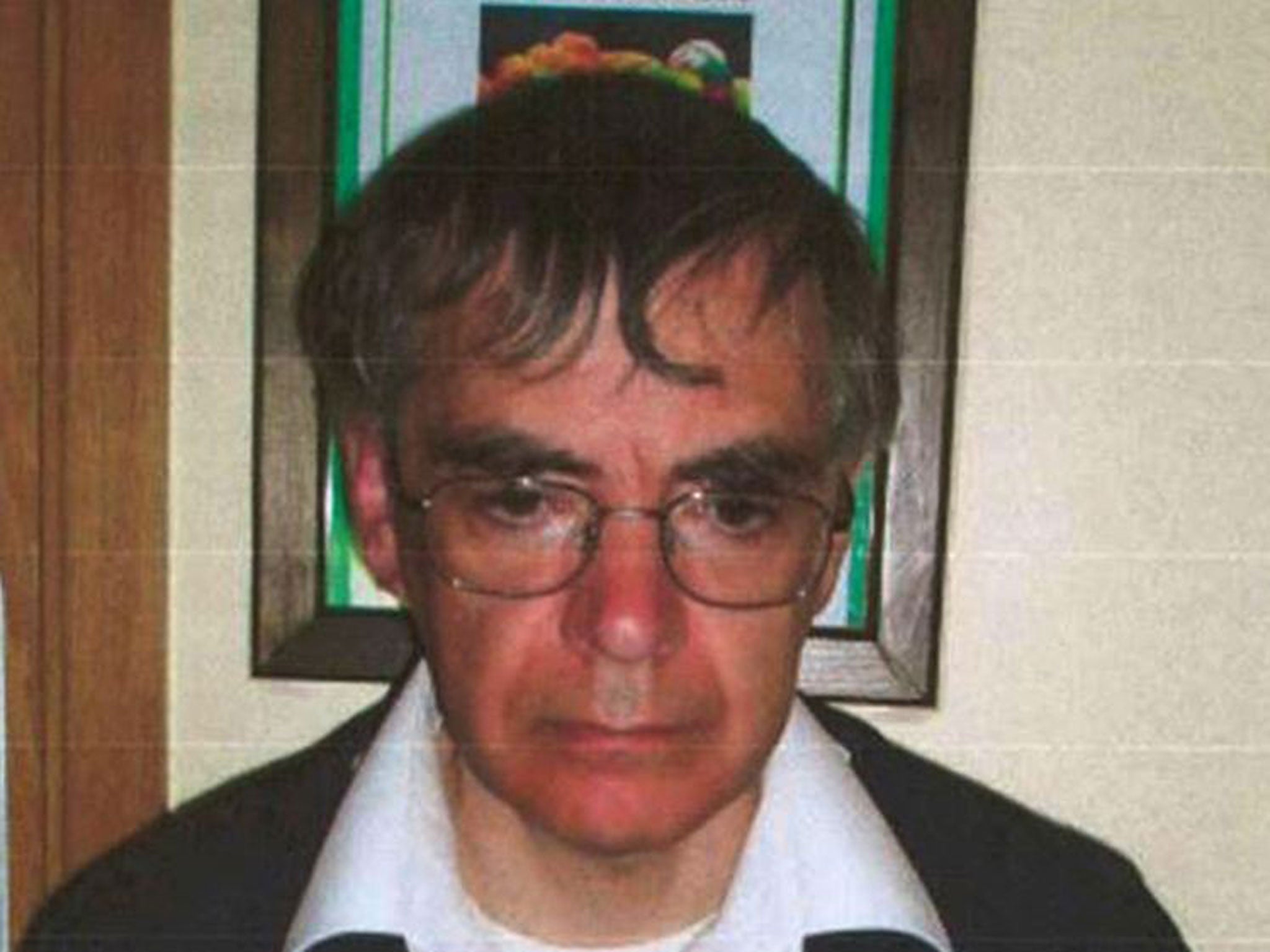Questions asked over why killer Daniel Rosenthal was allowed to walk free from hospital
Daniel Rosenthal was described by police as "potentially dangerous"

An investigation has begun into why a paranoid schizophrenic who was convicted of murdering his mother and suspected of killing his father was allowed to go on unsupervised walks whilst receiving treatment.
Daniel Rosenthal, 58, sparked a major hunt when he disappeared on Saturday from Tatchbury Mount Hospital at Totton, near Southampton.
Police warned members of the public not to approach the former science student who was found guilty in 1982 of killing his mother and then cutting up her body.
Rosenthal was discovered Sunday morning in Southampton.
Dr Julian Lewis, Tory MP for New Forest East, demanded to know why he was given the freedom to walk alone. “Whilst it is a relief that this man has been found, it is disturbing that someone regarded as a danger to the public – who should not be approached – was allowed to go for unsupervised walks,” he said.
A spokesman for Southern Health NHS Foundation Trust said Rosenthal would be returned to the hospital to continue his treatment.
He added: “We will be looking into all the circumstances around this incident and a full internal investigation has already begun.”
The body of Rosenthal’s American mother, Leah, 60, who suffered from multiple sclerosis, was never discovered.
Days before killing her he had travelled to Paris where it is believed he murdered his father Milton, a United Nations worker, after he refused to give him money.
However, he never stood trial in France or Britain for his father’s killing. He then returned to his home in Hampshire where he carried out experiments on chickens. It is here that he murdered his mother and chopped her up with a hacksaw. He denied the killings.
Rosenthal spent nearly three decades undergoing treatment at Ashworth high security hospital on Merseyside where patients include the moors murderer Ian Brady. It is one of three hospitals in the country for patients who require treatment in conditions of high security.
